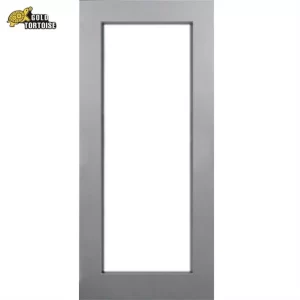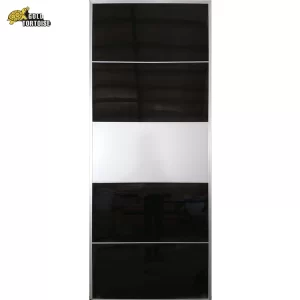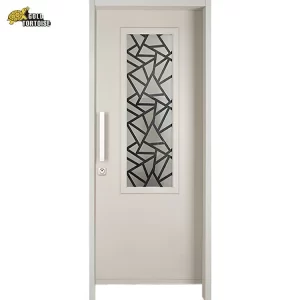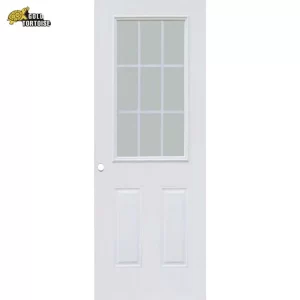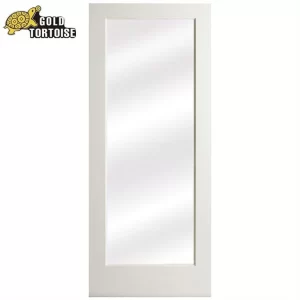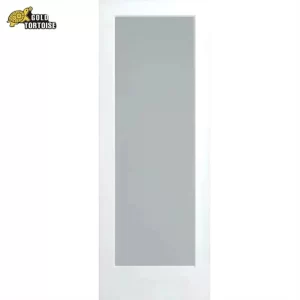One of the advantages of fiberglass doors is their resistance to warping. Unlike natural materials such as wood, fiberglass has inherent properties that make it less prone to warping, swelling, or shrinking due to changes in temperature or humidity. Here’s why fiberglass doors are less likely to warp:
1. Moisture Resistance: Fiberglass is a non-porous material, which means it does not absorb moisture in the same way that wood does. This resistance to moisture helps prevent the expansion and contraction that can lead to warping.
2. Stability: Fiberglass doors are constructed with stability in mind. The manufacturing process involves reinforcing the material with various components, and many fiberglass doors have a solid core filled with insulating materials. This construction helps maintain the door’s shape and structural integrity.
3. Temperature Tolerance: Fiberglass is less sensitive to temperature fluctuations compared to wood. It has a lower coefficient of thermal expansion, meaning it expands and contracts less with changes in temperature. This characteristic contributes to the door’s stability over time.
While fiberglass doors are generally resistant to warping, the quality of the door and its installation can influence performance. It’s essential to follow the manufacturer’s guidelines for installation and maintenance to ensure optimal performance and longevity. Additionally, fiberglass doors may have a warranty that covers against warping and other issues, providing further assurance to homeowners.
In summary, warping is less likely to occur with fiberglass doors compared to traditional wood doors due to the material’s moisture resistance, stability, and temperature tolerance. These qualities make fiberglass doors a reliable choice for those seeking a durable and low-maintenance option.

